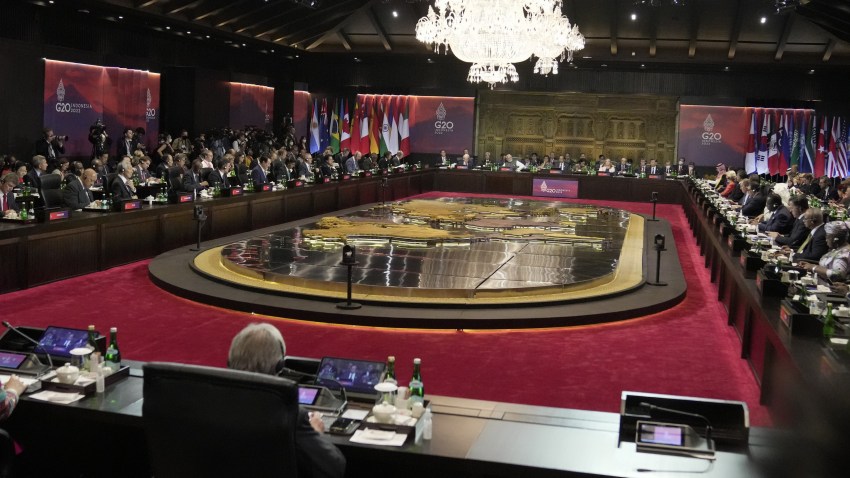Multilateralism as a way to cooperatively address global challenges has suffered in the past six years, for a number of reasons. To begin with, a period of U.S. overreach in the first 15 years of the new millennium collided with the “return of geopolitics,” as Russia and China contested both Washington’s global leadership role and the global order on which it was based.
Meanwhile, the uneven distribution of the benefits of the globalized order, of which multilateralism was such a prominent feature, generated a backlash beginning after the 2008 financial crisis and culminating in 2016—the “Year of the Exit.” First the U.K., with the Brexit referendum to leave the European Union, and then the U.S., with the election of Donald Trump as president, assumed antagonistic approaches to deeply integrated regional and global liberalized trade regimes they had previously championed.
Subsequently, a combination of U.S. retrenchment, Russian revanchism, Chinese assertiveness and European weakness left all the potential leaders of multilateralism unwilling or unable—or both—to galvanize the engagement needed for effective action. And then the emergence of the coronavirus pandemic and the disruptions it caused to global trade and mobility seemed to lock national governments into their isolated and increasingly competitive positions, both symbolically and literally.

